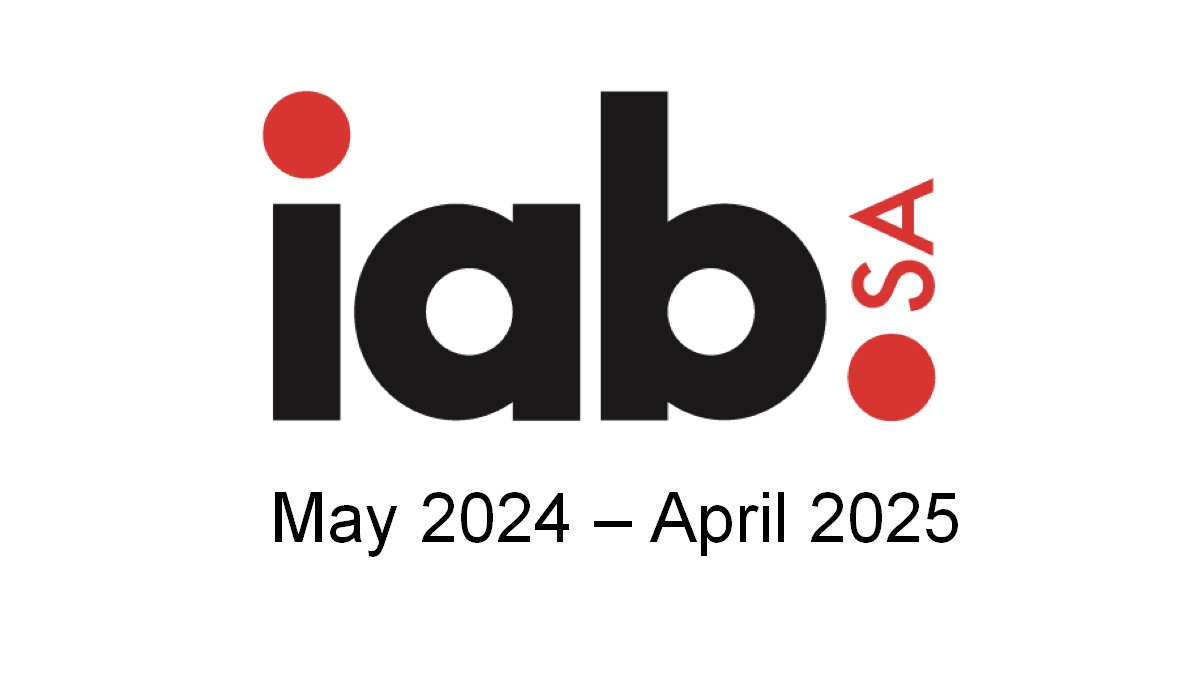Johannesburg – Many people think of estate planning as depressing, but it is in fact incredibly empowering and an act of love for the people you care about the most.
Putting financial issues off to a later date will only leave families with unnecessary financial constraints and lengthen the process of winding up an estate.
Matlhodi Leteane of FNB Fiduciary highlights the steps that need to be followed to finalise the estate.
Consolidate costs
The most pressing and immediate cost facing families aft er the death of a loved one is the funeral and the associated costs.
Most funeral homes will not be prepared to wait for payment and will require a substantial deposit before proceeding with arrangements.
To settle these costs, first determine whether the deceased held a funeral policy to help sett le costs in full or in part.
Or there may be an immediate expense benefit on any life cover policy that they may have had. This will go some way to off setting the immediate costs
Get a copy of a valid will
As the legal document which outlines the deceased person’s last wishes, obtaining a copy of the latest will is the most essential part of the process.
The will is the document needed to determine the distribution of assets, the naming of beneficiaries, and the devolution of the estate. It should also name the executor or executrix of the will.
It also acts as a guide for executing the deceased’s wishes.
Notify the nominated executor
It is the responsibility of deceased’s family to notify the nominated executor.
The family should provide the executor with the necessary information and documents needed to administer the estate, including details of all the assets and liabilities in the estate. The executor will require all this information to give effect to the provisions of the deceased’s will or the Intestate Succession Act.
This will also enable the nominated executor to attend to the reporting of the estate to the Master of the High Court, who will thereafter issue the nominated executor with the letters of executorship to commence the administration of the estate.
Secure the day-to-day living expenses
Once the bank account is frozen, debit orders are not processed further.
Executors are not able to pay creditors for several months after death and it is recommended that heirs plan to maintain the payments to avoid potential adverse interest charges and possible legal collection charges.
Pension and retirement savings
Pension fund benefits are normally not dealt with by the executor.
The family needs to approach the pension fund directly to deal with the deceased’s retirement savings.
The family does not need to wait for the letters of executorship to begin this claim process. Each estate is unique and, therefore, it is difficult to provide an accurate estimate of the time the administration of a particular estate is likely to take.
This will depend on the nature and extent of the assets, liabilities, and possible complications.
The executor is required to report to the master of the high court should he or she not be able to keep to the timeframes. Keep in mind that the executor can only start with the work required when the letters of executorship have been issued by the master of the high court.
The executor is not legally authorised to deal with assets, liabilities and related complications until the letter of executorship is issued.
Follow @SundayWorldZA on Twitter and @sundayworldza on Instagram, or like our Facebook Page, Sunday World, by clicking here for the latest breaking news in South Africa. To Subscribe to Sunday World, click here.
Sunday World




